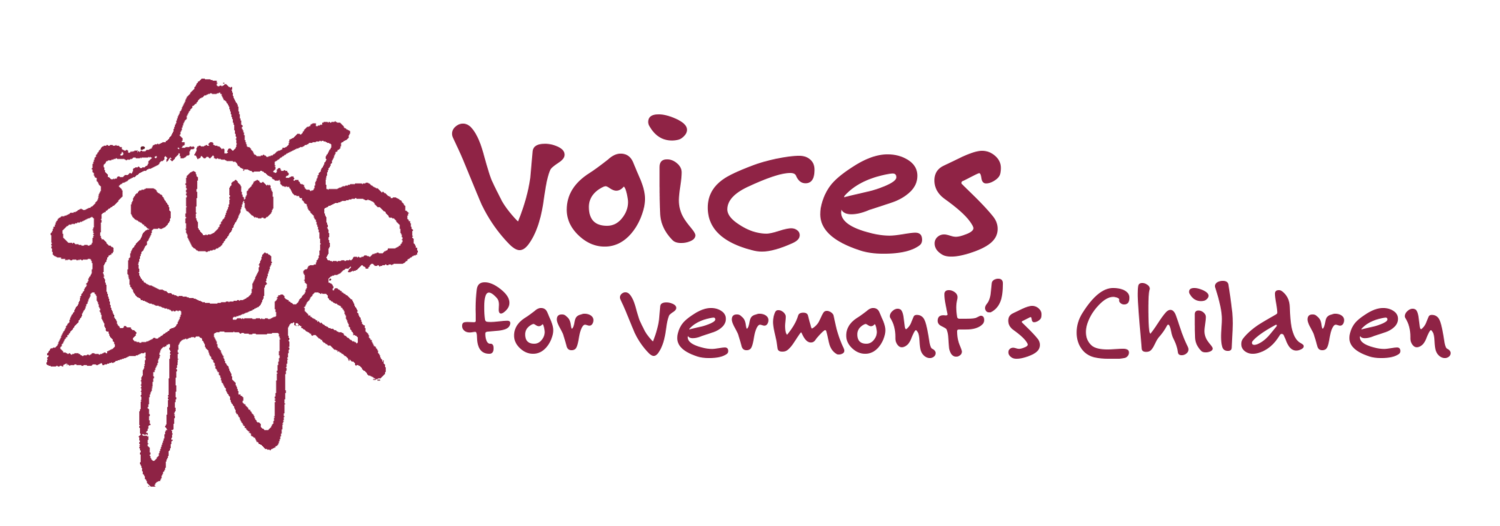Unprecedented: Structural Change in a Time of Crisis
by Sarah Teel, Research Director
With each day, our “unprecedented” situation feels a little less surprising. This is not to say it has become easier, only that newness, repeated day after day, eventually ceases to be new.
Once the scale of the pandemic and the urgency that was called for became clear, we all perceived our obligation to make decisions that would impact the future. To recognize our circumstances as unprecedented granted a sense of openness and freedom, necessary to meet an unavoidable challenge in new and creative ways.
It is true that most humans have not experienced an event like this one. The children and youth in our lives are also experiencing things they have not experienced before. But while we may have entered "uncharted territory,” not everything is new. For many kids, unfortunately, sudden changes in routine or living arrangements, confusion and uncertainty, fear - these are familiar experiences. Not everything is without precedent in this situation for adults either. Access to resources is still directly correlated to well-being - and well-being in this case means safety, and sometimes actual life and death.
It turns out that unprecedented doesn’t mean unpredictable, and it doesn’t let us off the hook for the outcomes that are the result of systems we’ve always known could never respond well enough to a crisis like this.
To claim the unprecedented nature of this situation - which in many ways it is - gives us a chance to create new responses. But there are also layers of precedent and relevant context so embedded in our reality that much of what is happening and will happen has already been written. Our systems, pre-pandemic, never worked well for everyone; they still don’t - and the number of people for whom they aren’t working has begun to exponentially grow.
It is not unprecedented that this crisis tempts us into denial - denial of the reality that in terms of who ends up suffering most acutely, we have seen so much of this before.
It would be unprecedented if the economic fallout wasn’t catastrophic for millions of low-income families. (After the last recession, the child poverty rate in Vermont didn’t return to pre-recession levels until 2018, despite it being declared over in 2009. In Vermont, families’ rates of food insecurity and safety net usage continued climbing for years.)
It would be unprecedented if this crisis did not result in an extreme racial disparity in the death rate. (Preliminary data from around the country suggest disparities in mortality, infection, testing, and treatment - on top of inadequate data collection. Vermont is now tracking data by race and ethnicity, and is making attempts to complete missing data retroactively.)
It would be unprecedented if households in poverty had as much chance to prepare and keep themselves safe as well-resourced households. (In mid-March when we were told to stock up on groceries, many had to waituntil SNAP benefits or Social Security hit their accounts weeks later - when many items were already sold out).
It would be unprecedented if the trauma and educational inequity that children are subjected to during this crisis didn’t hinge on the amount of access to resources they had before the pandemic hit. (A Pew Research study in 2018 found that even before the pandemic hit, 17% of students were often unable to complete homework assignments due to lacking reliable access to a computer or internet connection—the number is likely higher in many areas of Vermont).
It would be unprecedented if being less powerful didn’t mean being less protected.
The systems we have allowed to persist - despite history, despite precedent, despite the voices of those who we refuse to hear - carry scripts for future outcomes that are unfolding in predictable ways.
The open space we need in which to make better decisions for a better future does still exist. We don’t have a map for where we need to go. Using old maps won’t get us there; that will only take us places we’ve been before.
Let’s understand that managing a crisis in an equitable fashion and creating long term structural change are the same project. We have to orient our resources and our imaginations toward the different potential future that exists. If this is what we mean by unprecedented, if it is spoken in hope, then yes - let’s take this opportunity to make something unprecedented happen.

